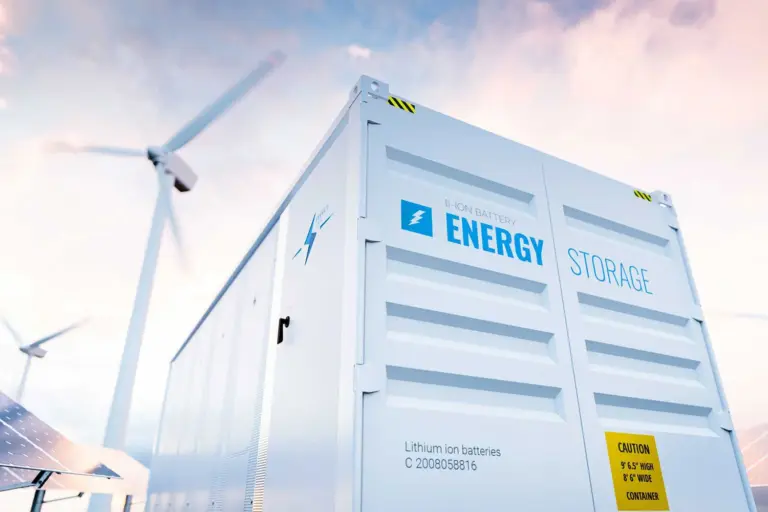
How Northern Ireland and Texas are Proving the Case for Diversification
Diversification has always been a guiding principle of the strategy adopted by Gore Street Energy Storage Fund (GSF) and Gore Street Capital (GSC) as its Investment Manager. The fluctuations in value available within Great Britain (GB) since commissioning of GSF’s first asset in 2017 has driven GSC to lower its exposure to volatility in a single market by pursuing opportunities in other locations.
2023 has already demonstrated the success of this international diversification, with reduced GB revenues being offset by the strength of the wider portfolio. GSF’s assets in Germany, Texas and the combined Irish grid generated, on average, £12.76/MW/hr in the three-month period to the end of June, over 75% higher than the Company’s GB assets.
This performance has continued to grow into Q3, with the Drumkee and Mullavilly assets in Northern Ireland – with a combined 100 MW/42.6 MWh – delivering average revenues of £24.0/MW/hr across July and August. These projects usually rely on winter months to deliver the highest revenue, however, 2023 has witnessed highly windy summer conditions. With the DS3 suite of ancillary services designed to integrate renewable generation to decarbonise the Irish power sector, high winds have translated into strong summer revenues.
Michael Darzi, junior commercial associate at Gore Street Capital, explains how Ireland’s DS3 ancillary services provide opportunities for energy storage assets.
With estimated average revenues of £6.48/MW/hr for GSF’s GB portfolio in the July-August period, projects in Northern Ireland and elsewhere ensure value continues to be achieved for shareholders. Texas has historically provided much of this value during the summer, with heatwaves causing a scarcity of power on the grid and a higher demand for stable power.
2023 has proved no different, as the Company’s assets connected to the ERCOT grid achieved average revenue of £12.29/MW/hr in the June-end quarter. August, however, is estimated to have delivered the highest ever monthly revenue at £149.43/MW/hr, based on provisional figures, totalling around £4.5m for the month alone. This was achieved largely through the ERCOT Contingency Reserve Service (ECRS), a daily procured ancillary service introduced in June 2023.
As the Investment Manager of GSF’s 29.85 MW/59.7 MWh operational portfolio in Texas, GSC ensured pre-qualification could be achieved as early as possible and, through our route-to-market partner Tenaska, the first of GSC’s assets-under-management entered ECRS on 29 July
Unlike ERCOT’s Responsive Reserve Service (RRS), which requires a minimum of one-hour delivery to respond to losses of load, ECRS is also triggered by ramping of load or demand. This can be caused by falls in solar generation in the evening, or periods of variable wind generation.
ECRS requires at least two hours of energy storage capacity to be available at all times meaning state of charge must be recouped quickly following discharge. This can require operators to recharge at times of constraint, creating a risk of exposure to high prices. ECRS bids from energy storage providers are priced accordingly, allowing them to command strong premiums. On 17 August, for example, ECRS cleared six times higher than RRS.
Taking advantage of new opportunities, such as ECRS, and positioning GSF to capture unseasonal revenues, such as those seen in Northern Ireland, has allowed GSC to ensure the anticipated declines in revenue from GB have not been material to the results of GSF. With new assets to be brought online in Ireland, Texas and California – as well as GB – by the end of 2024, GSF is exceptionally well-placed to continue capitalising on the opportunities provided by its internationally diversified portfolio.

